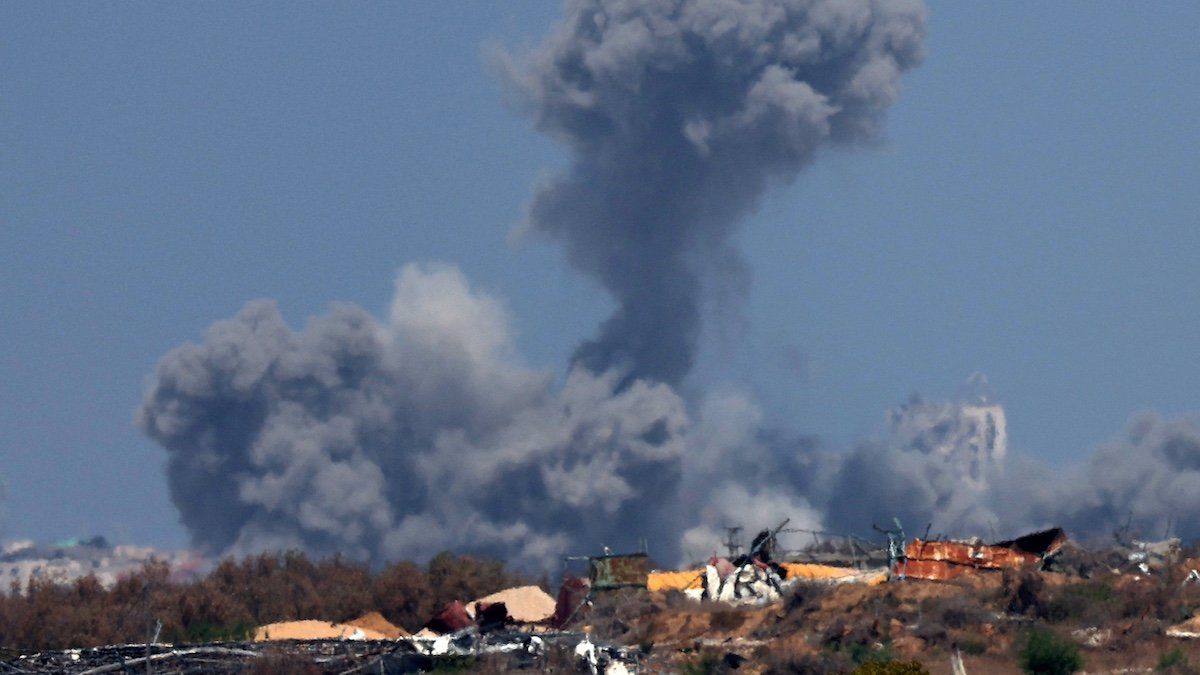1,200: Hamas launched terror attacks inside Israel and killed 1,200 people on Oct. 7, 2023 – making it the deadliest day in Israel’s 76-year history. The kibbutz of Be’eri, near the Supernova music festival, suffered the highest death toll with 332 lives lost. The militants targeted the festival, 19 kibbutzim, and five cooperatives, among other targets.
251: Hamas militants took 251 people, including civilians and Israeli security personnel, hostage on Oct. 7, taking them into Gaza. As of Sept. 1, 2024, 101 hostages remained in Gaza, according to Israeli sources cited by the UN. Sixty-four are believed to be alive, while 33 are confirmed dead (four of the hostages were taken before Oct. 7).
41,870: The number of Gazans killed in the war between Israel and Hamas now stands at 41,870, according to the Hamas-run Gaza Health Ministry. The number has been disputed by groups that peg it as either higher, due to an inability to locate people under the rubble, or lower, due to the inflation of numbers. The GHM also does not distinguish between civilians and combatants. According to Israeli authorities, as of Sept. 1, the number of dead includes 17,000 Hamas terrorists.
1,664: Since the beginning of the Israel-Hamas war, 1,664 Israelis have been killed, including 706 soldiers, according to a report by the Institute for National Security Studies.
1,900: At least 1,900 Lebanese, including civilians, medics, and Hezbollah terrorists, have been killed since Oct. 8, 2023, according to Lebanese officials, and several thousand have been wounded.
1.9 million: UNRWA says 1.9 million people have been displaced in Gaza due to the war instigated by Hamas. 143,000 people have been displaced in Israel due to Hezbollah rocket bombardment, according to an INSS report, including 60,000 evacuated from the border with Lebanon.
1.2 million: Just over 20% of Lebanon’s 5.4-million-strong population – a whopping 1.2 million people – have been driven from their homes by the recent Israeli offensive, according to Lebanese officials.
38: Israeli Prime Minister Benjamin Netanyahu’s popularity has risen since Israel launched its offensive against Hezbollah. According to Israel’s Channel 12, Netanyahu is the preferred candidate for prime minister over the centrist opposition leader, Yair Lapid, at 38% to 27% support. The latest poll gives his Likud Party a possible 25 seats, but that would not be enough to form a government with its current coalition partners.
